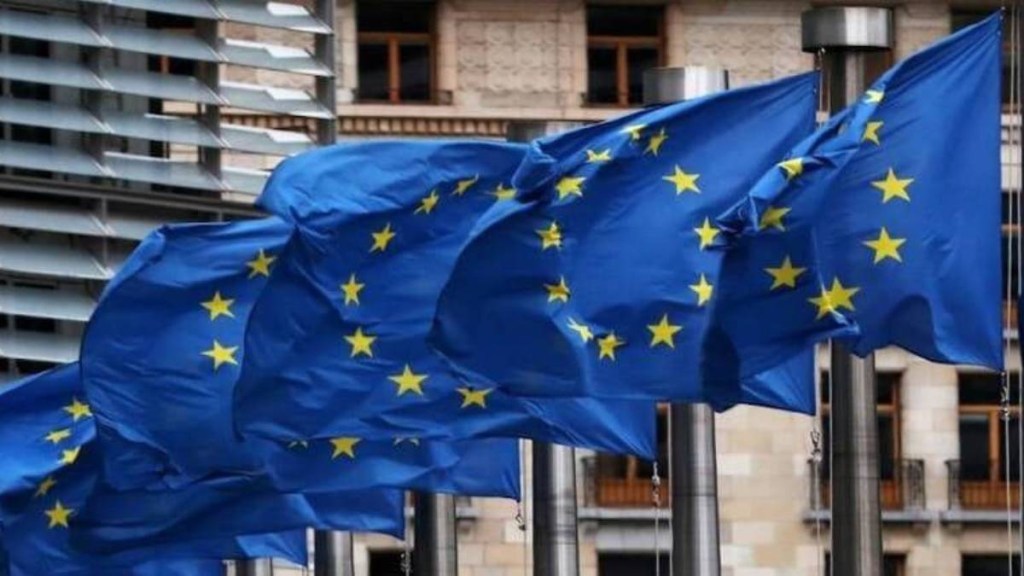As AI becomes a part of our daily lives, the European Union made a landmark decision to regulate artificial intelligence for the first time in the world. The regulations will take effect next month after EU countries endorsed a political deal reached in December.
The EU’s AI Act is more comprehensive compared to the United States’ voluntary compliance approach and China’s focus on social stability and state control.
The vote by EU countries follows the endorsement by EU lawmakers in March, who made significant changes to the AI legislation initially drafted by the European Commission in 2021. Concerns over AI’s role in spreading misinformation, fake news, and copyrighted material have grown, especially with the rise of generative AI systems like Microsoft-backed OpenAI’s ChatGPT and Google’s chatbot Gemini.
“This landmark law, the first of its kind in the world, addresses a global technological challenge that also creates opportunities for our societies and economies,” said Belgian digitisation minister Mathieu Michel. “With the AI Act, Europe emphasises the importance of trust, transparency, and accountability when dealing with new technologies, while ensuring this fast-changing technology can boost European innovation.”
The AI Act imposes strict transparency obligations on high-risk AI systems, with lighter requirements for general-purpose AI models. It restricts governments’ use of real-time biometric surveillance in public spaces to certain serious crimes, preventing terrorist attacks, and searching for suspects of major offences.
Patrick van Eecke from the law firm Cooley noted the AI Act’s global impact, stating, “Companies outside the EU using EU customer data in their AI platforms will need to comply. Other regions may adopt the AI Act as a model, similar to the EU’s GDPR privacy rules.”
The new legislation will apply in 2026, but bans on AI use in social scoring, predictive policing, and untargeted facial image scraping will start six months after the regulation takes effect. Obligations for general-purpose AI models will begin after 12 months, and rules for AI systems in regulated products in 36 months. Fines for violations range from 7.5 million euros (USD 8.2 million) or 1.5 percent of turnover to 35 million euros or 7 percent of global turnover, depending on the violation type.
(With Reuters input)








